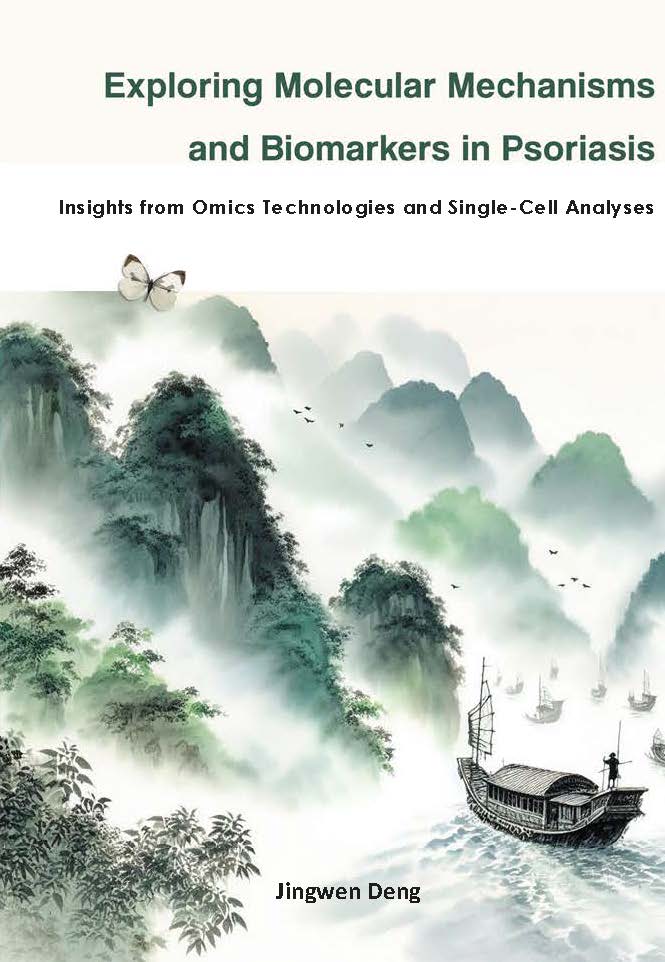With help of multiomics researchers found that environmental microbial triggers may be responsible for activation and recruitment of neutrophils and dendritic cells into the skin. This stimulation leads to the secretion of antimicrobial peptides by keratinocytes. Circulating monocytes and effector memory T cells may respond to these processes and migrate to the skin, where they contribute to the proinflammatory loop that drives the development of psoriatic lesions, concluded fresh PhD Jingwen Deng from UMC Utrecht.
Over the past decade, the introduction of biologic medicinal products has revolutionized psoriasis treatment by modulating the immune environment. However, it is important to recognize that not all psoriasis patients respond favorably to these biologics. This underscores the intricate and heterogeneous nature of psoriasis, which involves multiple immune pathways and genetic elements. Biologics targeting specific cytokines or cell types may therefore not be universally effective in disease control. Furthermore, the skin’s immune response is intricately linked with the broader immune system, necessitating continuous interactions for immune regulation.
In her PhD project, Jingwen Deng MD (Center for Translational Immunology, UMC Utrecht) explored the utility of omics technologies in the context of psoriasis. To do this, she applied various omics (multiomics) to investigate the transcriptomic, proteomic and microbiomic aspects of both skin tissue and blood samples from patients with psoriasis and other autoimmune disorders such as arthritis psoriatica, ankylosing spondylitis and atopic dermatitis.
Using multiomics, Jingwen Deng and colleagues found that environmental microbial triggers may be responsible for activation and recruitment of immune cells in the skin. This stimulation leads to the secretion of antimicrobial peptides by keratinocytes. Circulating monocytes may respond to these processes and migrate to the skin, where they contribute to the proinflammatory loop that drives the development of psoriatic lesions.
Jingwen Deng MD (1986, Guangdong, China) defended her PhD thesis on January 25, 2024 at Utrecht University. The title of her thesis was “Exploring molecular mechanisms and biomarkers in psoriasis – Insights from omics technologies and single-cell analyses.“ Supervisor was prof. José Borghans PhD (Center for Translational Immunology, UMC Utrecht). Co-supervisor were Aridaman Pandit PhD (Center for Translational Immunology, UMC Utrecht; now AbbVie, Cambridge MA, USA) and Bram Gerritsen PhD (Center for Translational Immunology, UMC Utrecht). Jingwen Deng works as a dermatologist at the Guangdong Provincial Hospital of Chinese Medicine in Guangdong, China.


